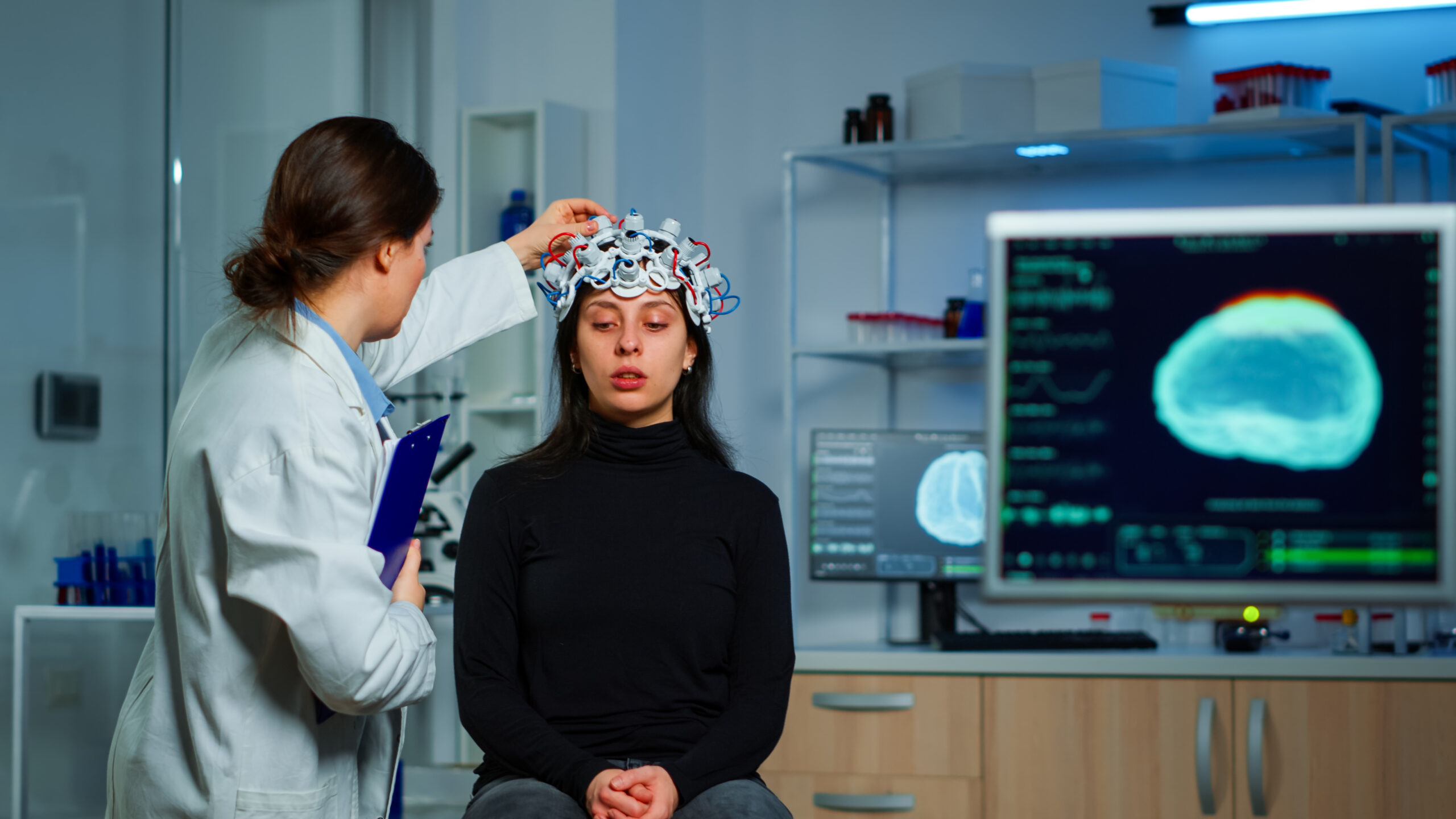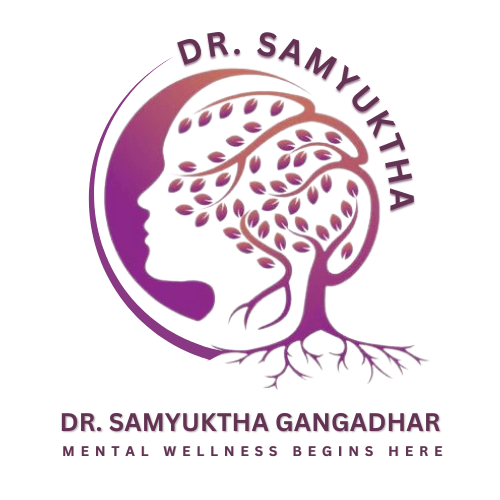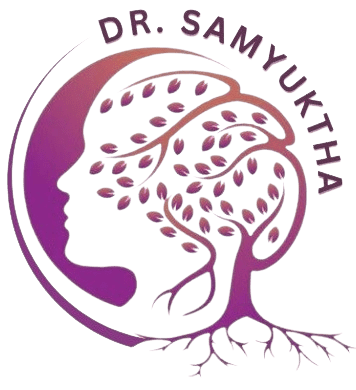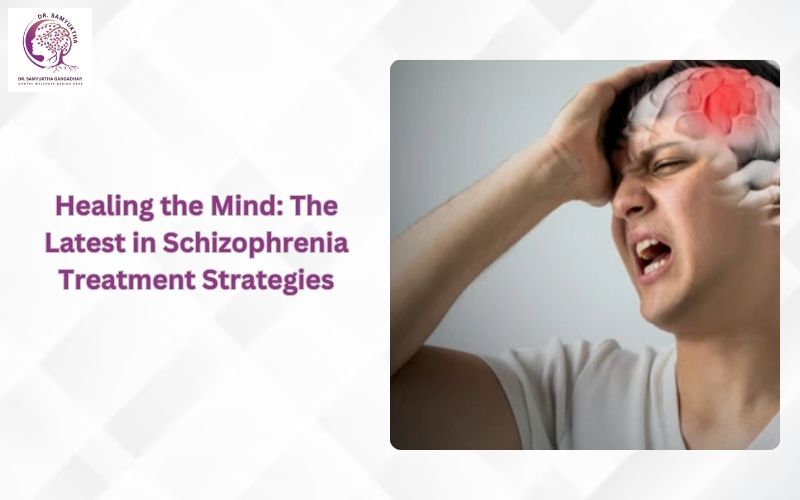Introduction
Living with schizophrenia can feel overwhelming, not just for those diagnosed but also for their loved ones. It’s a journey filled with challenges, uncertainty, and a constant quest for understanding. At Pushpa Mind Care, led by Dr. Samyuktha Gangadhar, M.D. (Psychiatry), we understand these struggles deeply. Therefore, we’re here to offer hope, support, and the latest in schizophrenia treatment in Kolkata and Bangalore. Our goal is to help people reclaim their lives with compassionate care and advanced treatment strategies.
Understanding Schizophrenia: A Brief Overview
Experiencing schizophrenia is more than just dealing with a medical term; it’s a condition that touches every part of a person’s life. It can make everyday experiences confusing and distressing, turning thoughts, emotions, and perceptions upside down. For someone living with schizophrenia, distinguishing between what’s real and what’s not can become a daily battle. Simple things that others take for granted often turn into significant challenges.
The condition typically manifests in three types of symptoms:
- Positive Symptoms: These are additions to a person’s normal experience, such as hearing voices (hallucinations) or believing things that aren’t true (delusions).
- Negative Symptoms: These represent a loss of normal function, like feeling detached from life, withdrawing from social activities, or losing the ability to enjoy things.
- Cognitive Symptoms: These impact thinking processes, making it harder to focus, remember things, or make decisions.
Understanding schizophrenia is the first step towards effective treatment. At Pushpa Mind Care, we’re committed to guiding you through this journey with compassion and expertise.
Traditional Approaches to Schizophrenia Treatment

Historically, schizophrenia treatment has primarily relied on antipsychotic medications. These medications have proven effective in managing positive symptoms such as hallucinations and delusions. However, these medications often come with significant side effects. These can include weight gain, diabetes, and extrapyramidal symptoms (movement disorders).
Moreover, in addition to pharmacotherapy, psychotherapy—particularly Cognitive Behavioral Therapy (CBT)—has been utilized to help patients develop coping strategies. CBT also plays a crucial role in improving social functioning for those with schizophrenia.
The Evolution of Schizophrenia Treatment: What's New?
In recent years, significant advancements in the treatment of schizophrenia have emerged, largely driven by a deeper understanding of the disorder’s neurobiology and the subsequent development of innovative therapeutic approaches. As a result, here are some of the latest strategies that are making a difference:
1. New Medications Bringing Fresh Hope
The development of new antipsychotic drugs that target different neurotransmitter systems has indeed been a major focus in schizophrenia research. Consequently, some novel medications not only aim to reduce the side effects associated with traditional antipsychotics but also seek to improve overall efficacy.
2. Long-Acting Injectable Antipsychotics (LAIs)
Adherence to medication is, however, a significant challenge in schizophrenia treatment. Fortunately, long-acting injectable antipsychotics (LAIs) have emerged as a solution to this problem, offering sustained drug release over weeks or even months. As a result, LAIs not only improve medication adherence but also reduce relapse rates, thereby enhancing the overall stability of patients.
3. Cognitive Remediation Therapy (CRT)
Cognitive symptoms, such as impaired memory and attention, are a core feature of schizophrenia and significantly impact daily functioning. Cognitive Remediation Therapy (CRT) is an emerging therapeutic approach designed to improve cognitive functioning in patients with schizophrenia.
CRT involves structured exercises and activities that target specific cognitive deficits. Research has shown that CRT can lead to improvements in cognitive performance, social functioning, and overall quality of life. When combined with pharmacotherapy, CRT offers a comprehensive approach to managing schizophrenia.
4. Transcranial Magnetic Stimulation (TMS)

Transcranial Magnetic Stimulation (TMS) is a non-invasive brain stimulation technique that has gained attention as a potential treatment for schizophrenia, particularly for patients with treatment-resistant symptoms. TMS involves using magnetic fields to stimulate specific areas of the brain, which can help reduce auditory hallucinations and improve negative symptoms.
Clinical trials have shown promising results, with patients experiencing a reduction in hallucinations and improvements in cognitive symptoms after TMS treatment. Although TMS is not yet widely available, it represents a promising avenue for future schizophrenia treatment.
5. Personalized Medicine and Genetic Testing
The concept of personalized medicine is transforming the treatment of many chronic conditions, including schizophrenia. Genetic testing can provide valuable insights into an individual’s response to different medications, allowing for more tailored and effective treatment plans.
- Pharmacogenomic Testing: This type of genetic testing examines how a patient’s genes affect their response to specific medications. By understanding genetic variations that influence drug metabolism and receptor sensitivity, clinicians can select the most appropriate antipsychotic medication with the least risk of side effects.
- Biomarker Research: Ongoing research into biomarkers for schizophrenia aims to identify biological indicators that can predict treatment response and disease progression. These biomarkers could eventually lead to more precise and effective treatment strategies.
6. Integrative and Holistic Approaches
In addition to conventional treatments, there is growing interest in integrative and holistic approaches to managing schizophrenia. These approaches focus on the whole person, addressing physical, emotional, and social well-being.
- Mindfulness-Based Interventions: Mindfulness practices, such as meditation and yoga, have been shown to reduce stress and improve emotional regulation in individuals with schizophrenia. These interventions can complement traditional therapies and provide patients with additional tools for managing their symptoms.
- Nutritional Interventions: Emerging research suggests that diet and nutrition may play a role in schizophrenia management. Omega-3 fatty acids, for example, have been studied for their potential to reduce inflammation and improve cognitive function in schizophrenia patients. Nutritional counseling and supplementation may become a valuable component of a comprehensive treatment plan.
7. The Role of Family and Community Support

Family and community support are crucial in the treatment and recovery process for individuals with schizophrenia. Education and involvement of family members in the treatment process can significantly improve outcomes.
- Psychoeducation Programs: These programs provide family members with information about schizophrenia, its symptoms, and treatment options. By understanding the disorder, families can better support their loved ones and help them adhere to treatment plans.
- Community-Based Services: Access to community-based mental health services, such as supported housing and employment programs, is essential for promoting recovery and reintegration into society. These services offer practical support and help individuals with schizophrenia lead fulfilling lives.
Why Choose Pushpa Mind Care?
At Pushpa Mind Care, under the guidance of Dr. Samyuktha Gangadhar, M.D. (Psychiatry), we are committed to providing cutting-edge, compassionate care for individuals seeking schizophrenia treatment in Kolkata and Bangalore. Our treatment approach is rooted in the latest scientific research and tailored to meet the unique needs of each patient. Whether you are seeking innovative medication options, cognitive therapies, or holistic interventions, our team is dedicated to helping you or your loved one achieve the best possible outcomes.
Conclusion
The landscape of schizophrenia treatment is rapidly evolving, with new strategies offering hope for improved symptom management and quality of life. From novel medications and cognitive therapies to personalized medicine and integrative approaches, there are more options than ever before for those living with schizophrenia. By staying informed about the latest advancements and working with experienced professionals like Dr. Samyuktha Gangadhar at Pushpa Mind Care, individuals seeking schizophrenia treatment in Kolkata and Bangalore can take meaningful steps toward healing the mind and reclaiming their lives.
FAQs
Treating schizophrenia involves a comprehensive approach that combines medication, therapy, and support. At Pushpa Mind Care, Dr. Samyuktha Gangadhar tailors treatment plans to each patient, offering medication, Cognitive Behavioral Therapy (CBT), and holistic approaches like mindfulness and nutrition to enhance overall well-being.
The most successful treatment combines medication and therapy, customized to the individual. At Pushpa Mind Care, Dr. Samyuktha Gangadhar provides personalized treatment plans, integrating medication, therapy, and holistic care to help patients lead fulfilling lives.
While schizophrenia isn’t 100% curable, it can be effectively managed. At Pushpa Mind Care, under the leadership of Dr. Samyuktha Gangadhar, we emphasize ongoing treatment to help patients achieve stability and enhance their quality of life.


